Shots Fired!!!
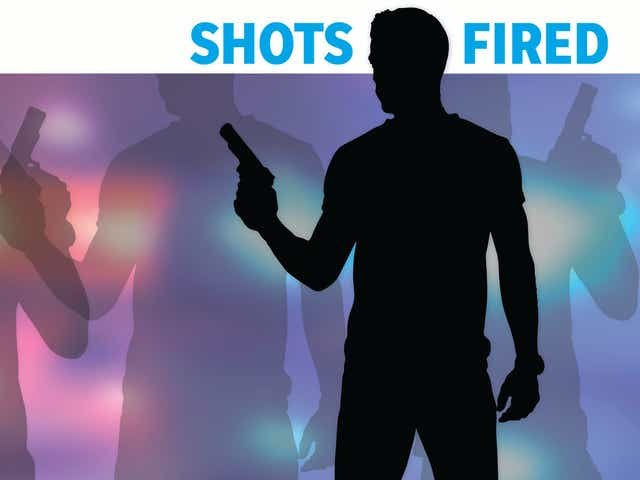
Violence is inherent in the First Responder occupations. The attacks on our Law Enforcement Officers, Firefighters, and EMTs have increased to outrageous numbers. We should never hear of our cops, firefighters, and medics being shot and killed in the line of duty.
According to the National Fraternal Order of Police, nineteen officers have been killed by gunfire as of May 1, 2022. So far, 123 Officers have been shot in 2022, up 35% from 2021 and 38% from 2020. Ambush-style attacks on Officers are up 14 percent from 2021.
According to the Washington D.C.-based organization, the National Law Enforcement Officers Memorial Fund reported, in 2021, 70 cops were shot and murdered across the country, up 19% from 2020. FBI statistics show in 2020, 60,105 law enforcement officers were assaulted while carrying out their duties. Assaults on law enforcement officers were up 7% in 2020 from the 56,034 assaults reported in 2019.
The National Fire Protection Association reported that in 2020, two firefighters were murdered by gunfire. The United States National Library of Medicine reported 10 EMS homicides in 2020.
Blessed be the LORD my strength, which teacheth my hands to war, and my fingers to fight.
Psalm 144 KJV
While the cops are armed, more firefighters and medics are arming themselves for protection. In a December 2020 incident, a gunman shot two Arkansas paramedics in the ambulance after an argument; one of the paramedics returned fire, killing the gunman. In a July 2021 incident in Tucson, Arizona, a gunman opened fire on an ambulance, injuring one medic and killing the other, and then on firefighters extinguishing a nearby fire, wounding one firefighter. A 2021 poll taken by EMS1.com showed that 82% agreed EMS and fire personnel should be allowed to carry firearms on duty.
Shootings are sudden, unpredictable, and violent, instilling fear and anxiety. It causes an extreme threat to one’s life. This experience drastically changes a person’s outlook on life and destroys the belief that we are safe and “bad things won’t happen to me.”
When someone is shot, the trauma of the shooting does not end. Gun violence trauma is particularly damaging since it impacts the victims and their friends, family members, neighbors, and communities. Anxiety, depression, and Post-Traumatic Stress injury are some of the mental health consequences of gun violence.
Be strong and of a good courage, fear not, nor be afraid of them: for the Lord thy God, he it is that doth go with thee; he will not fail thee, nor forsake thee.
Deuteronomy 31:6 KJV
As SWAT team members looked for the Columbine High School library shooters, they had to step through bodies and ignore an injured student’s appeal for help. Many from the public will say, “Isn’t that what they signed up for? To deal with the violence and the resulting violence?” showing little or no empathy to those showing signs of PTSi. Two years after Columbine, the Jefferson County Regional SWAT team fell apart with only three of the ten responding officers remaining. The others were reassigned or left the department. No, that is not what “we sign up for,” we did not sign up for the emotional bondage, the anxiety, depression, or doubt; we did not “sign up” for sub-par post-shooting support; we did not “sign up” for Post Traumatic Stress injury.
The mental health of those exposed to a shooting has been an issue since the early 1970s. On top of PTSi, anxiety, and depression, many will experience suicide ideation. In fact, in March 2019, the father of a Sandy Hook Elementary School victim and two Marjory Stoneman Douglas High School tragedy survivors committed suicide.
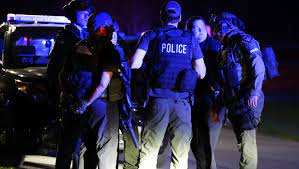 Officer-Involved Shootings
Officer-Involved Shootings
Thanks to the 24/7 onslaught of Police dramas streaming into our homes, over 80% of Americans believe that officers have fired their weapon at least once during their career, not including firearms training or at the gun range. However, a survey conducted by the National Police Research Platform (the Pew Research Center) reported that just over a fourth (27%) of all officers say they have ever fired their weapon on duty. An officer-involved shooting is a terrifying experience that almost always leaves a psychological scar and, in some cases, is enough to end an officer’s career. Most cops will never shoot their firearm in the line of duty during their careers. However, every officer understands that they may be in a gunfight at any time.
Deadly force incidents are sudden, violent, and powerful; they are outside the normal range of human activity. So, what goes through the mind of a police officer when a shooting occurs? What do they see, hear, and feel when confronted with lethal force? Research has shown that some police officers experience “post-shooting trauma,” a type of PTSi that may include guilt, depression, and thoughts of suicide.
Being in a shooting is a no-win situation; the suspect is dead, and the officer, while physically unharmed, now has to deal with the emotional and psychological consequences of taking a life in the line of duty. The officer makes a split-second decision to pull the trigger, creating lifelong psychological trauma. Without a proper support system, the officer may have difficulty dealing with the lingering effects. Officers may “micro-manage” themselves by reliving the incident, seeing if the incident could’ve been different.
In a 2006 study submitted to the National Institute of Justice, it was found that:
- Most officers reported that just before and as they pulled the trigger on the suspect, they experienced a range of psychological, emotional, and physiological reactions that distorted time, distance, sight, and sound. Many officers found their recollection of the events of the shooting to be imperfect. In extreme cases, officers could not recall firing their guns. In the days, weeks, and months that follow a shooting, officers may suffer adverse reactions such as sleep interruption, anxiety, and depression.
- Although some officers did not feel fear during a shooting, they still sensed imminent danger to themselves or others that met the standard for using deadly force.
- Contrary to earlier research findings, few officers in the study suffered long-lasting negative effects following a shooting. Officers’ post-shooting responses were influenced by the attitudes and actions of investigators, colleagues, family members, and friends; these reactions diminished markedly as attention and activity around the incident lessened. (Klinger, 2006)
After the shooting, officers go through the standard procedures; a couple of days of administrative leave, a psychological interview, interviews with investigators, and a firearms check. Most officers describe the short psychological evaluation as not positive. Very few said they benefited from it, and even fewer returned for follow-up visits.
“Sometimes our brains can’t compute the horrible things we see.”
Connecticut State Trooper Ken Dillion – Sandy Hook responder
Then there is the stigma; research has shown that many officers will lie to counselors as they do not want to share their thoughts, feelings, or experiences with a stranger that has ties to their department. But, many officers’ will discuss the shooting with fellow officers who had also been involved in shootings, suggesting that peer counseling may be more helpful than psychological counseling.
Lecturer and retired Miami-Dade Police Sergeant Tony Monheim states when an officer does fire his gun, the potential psychological backlash is predictable, troubling, and can span months if not years. As soon as a cop’s gun is drawn, the psychological effects begin. Time slows down for more than 60% of cops involved in a shooting; for 20%, time increases.
Cops regularly report tunnel vision. Their attention is drawn to the supposed danger in front of them. As a result, individuals may later explain their limited perception in great detail. Their attention is diverted to other vital senses, and officers’ hearing is lessened. That’s why many people present during a shooting remember hearing “pops” or don’t recall hearing orders to stop firing.
Christine Cunningham from the nonprofit Critical Incident Stress Management Team of Palm Beach County states officers typically spend sleepless nights second-guessing their actions. “Normally, when they lay down at night, they would replay the incident over and over, only in so much more of a slow-motion than actually happened,”
On June 4, 2012, Phoenix Police Officer Craig Tiger was involved in an Officer-Involved Shooting where the suspect died. At the time, counseling was nearly non-existent, and Craig wasn’t responding to what he did get. He wasn’t sleeping, and what sleep he did get was interrupted by the nightmares. Craig turned to alcohol to drown away the demons, anxiety, and fears.
A year after the shooting, Craig was arrested for drunk driving and diagnosed with PTSi; shortly after, the Phoenix Police Department terminated his employment. Fourteen months later, Craig Tiger committed suicide.
Shootings affect everyone involved and have long-term consequences. It is essential to take care of your well-being and monitor yourself. Studies have shown that having and seeking out social support can be beneficial in recovering from a traumatic event. Seek professional help if needed. Do not use unhealthy coping strategies, such as drug or alcohol use.
Fear thou not; for I am with thee: be not dismayed; for I am thy God: I will strengthen thee; yea, I will help thee; yea, I will uphold thee with the right hand of my righteousness.
Isaiah 41:10 KJV
While psychotropic drugs and counseling help, a relationship with God, with Jesus Christ, is the only way to find true healing.
As First Responders, we took an oath to protect good and fight evil. Many have lost track of their priorities and have put the job first in their lives. If you are experiencing a lower than usual sense of self-worth, depression or misplaced guilt, inability to remember or talk about the trauma specifically, feeling numb emotionally, dissociation (not aware of the present moment), a feeling of disconnection from your everyday lives, feeling hyper-aroused and vigilant for danger all the time, lashing out in irritability or unexplained anger, feeling jittery, or unable to concentrate on tasks at hand or other anxiety disorders, such as panic or intense distress, talk to someone and get help. Get back to the basics Put God First, Family Second, and the job further down in the order.
IF YOU HAVE THOUGHTS OF SUICIDE GET HELP NOW
Law Enforcement Copline (800) 267-5463
Firefighters / Medics Fire/EMS HELPLINE (800) 731-FIRE (3473)
Peace doesn’t come from the absence of problems.
Peace comes from the PRESENCE OF GOD
Pastor Steve Chappell, Coastline Baptist Church – Oceanside, Ca


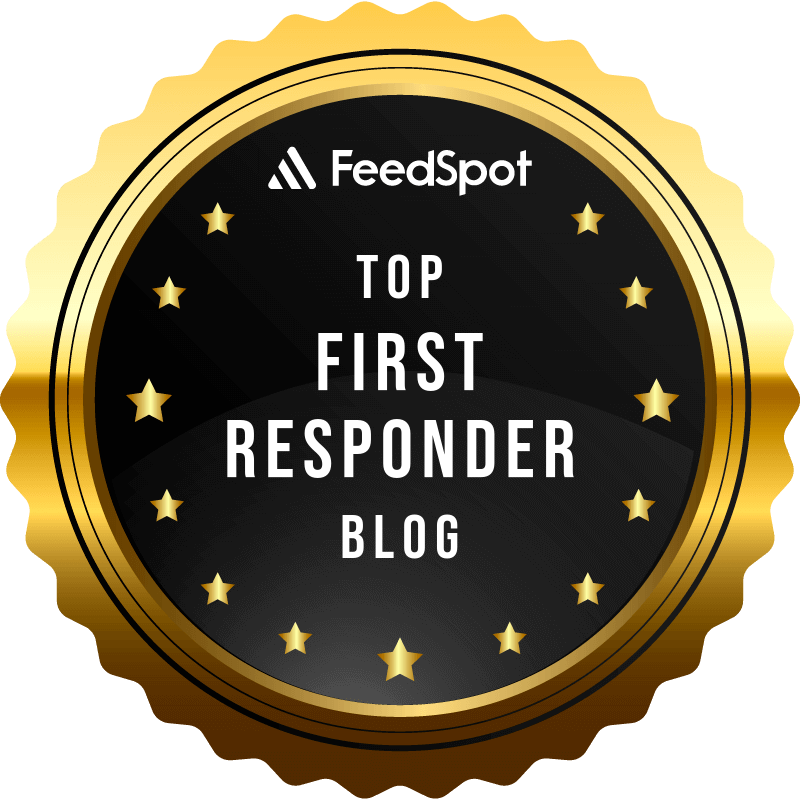

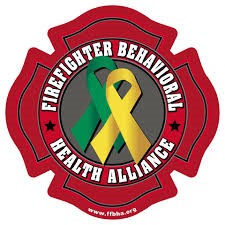

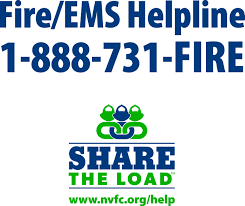

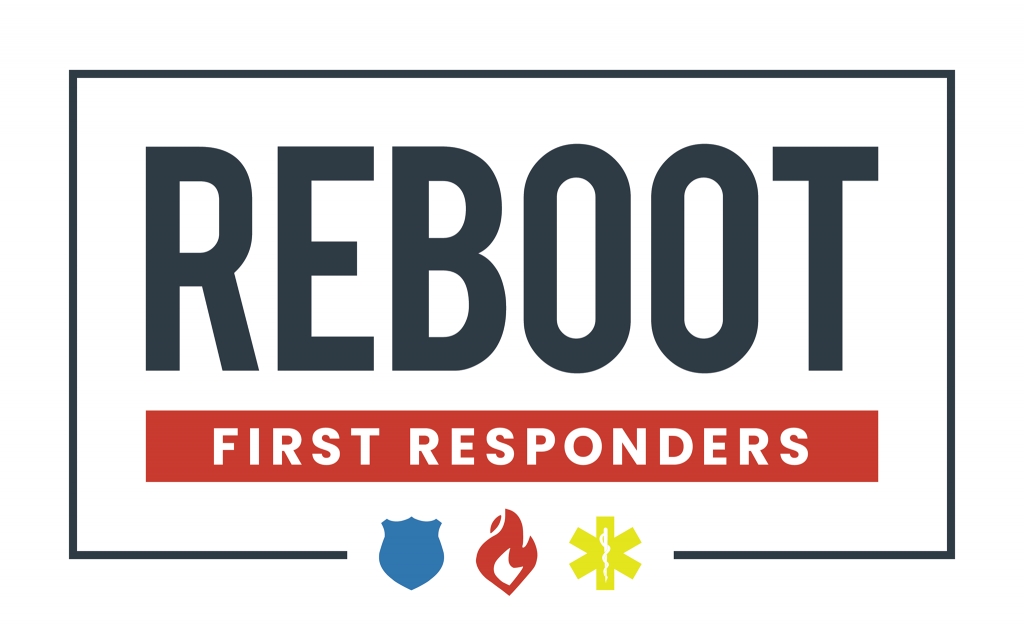
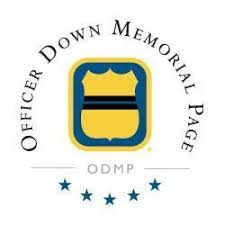

Good read. Thanks, Danny.